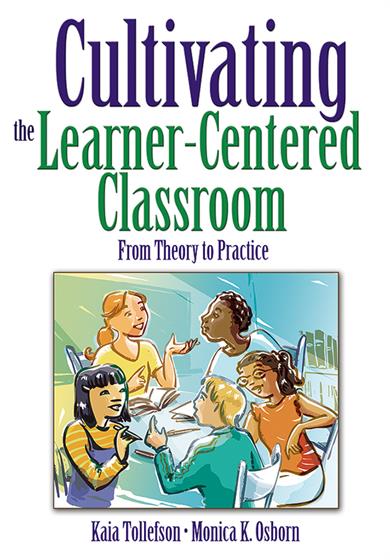Hands-on, Practical Guidance for Educators
From math,
literacy, science, equity, multilingual learners, and SEL, to assessment, school counseling,
and education leadership, our books are research-based and authored by experts
on topics most relevant to what educators are facing today.

Cultivating the Learner-Centered Classroom
Facilitate the growth of successful learning communities—both in the classroom and schoolwide!
The authors help teachers engage in a fundamental shift from behaviorism to constructivism; from following recipes to understanding the learning process; from standardized, age-based expectations to using standards for individualizing expectations and instruction; and from coercing obedience to facilitating students' authority and autonomy. This text offers practical strategies aligned with progressive educational thought to help teachers cultivate learning communities in the classroom and in their schools, and develop effective methods for:
- Organizing the classroom
- Planning instruction for individuals, small groups, or an entire class
- Building students' responsibility for their own learning
- Observing, assessing, and reporting student growth
- Grade Level: PreK-12
- ISBN: 9781412949972
- Published By: Corwin
- Year: 2007
- Page Count: 216
- Publication date: December 11, 2007


